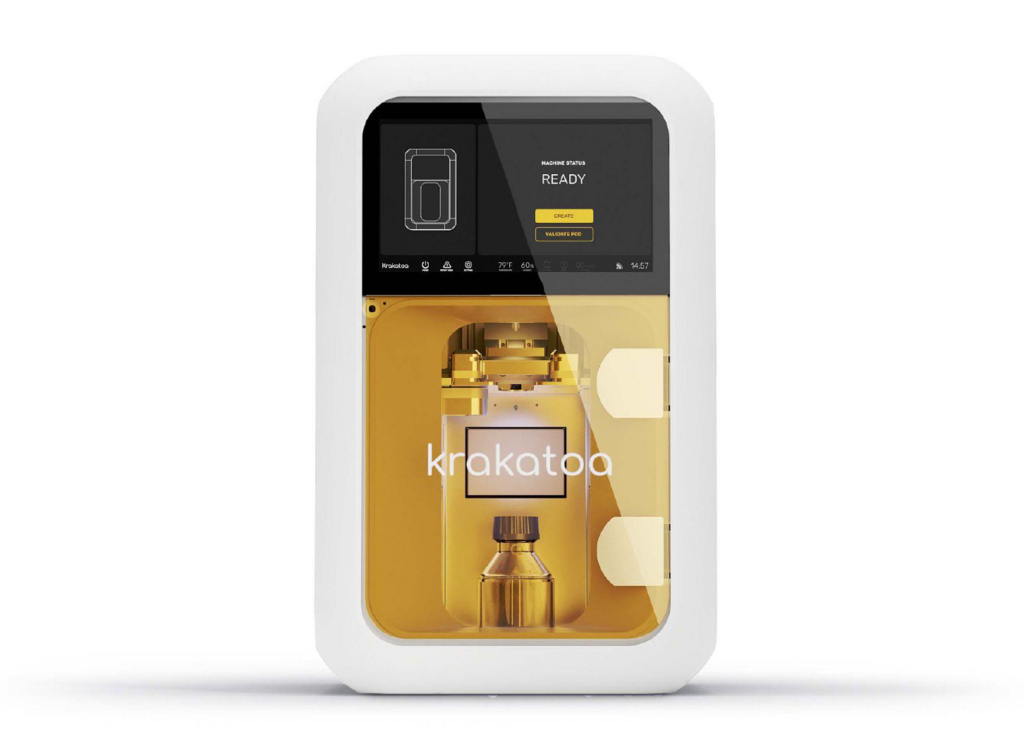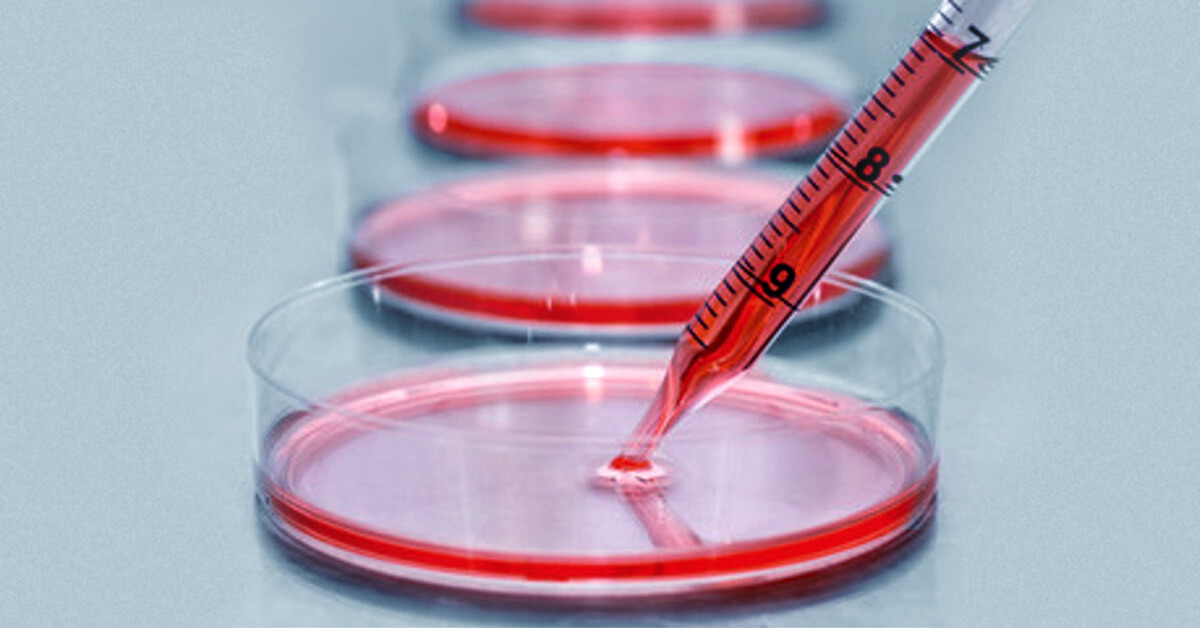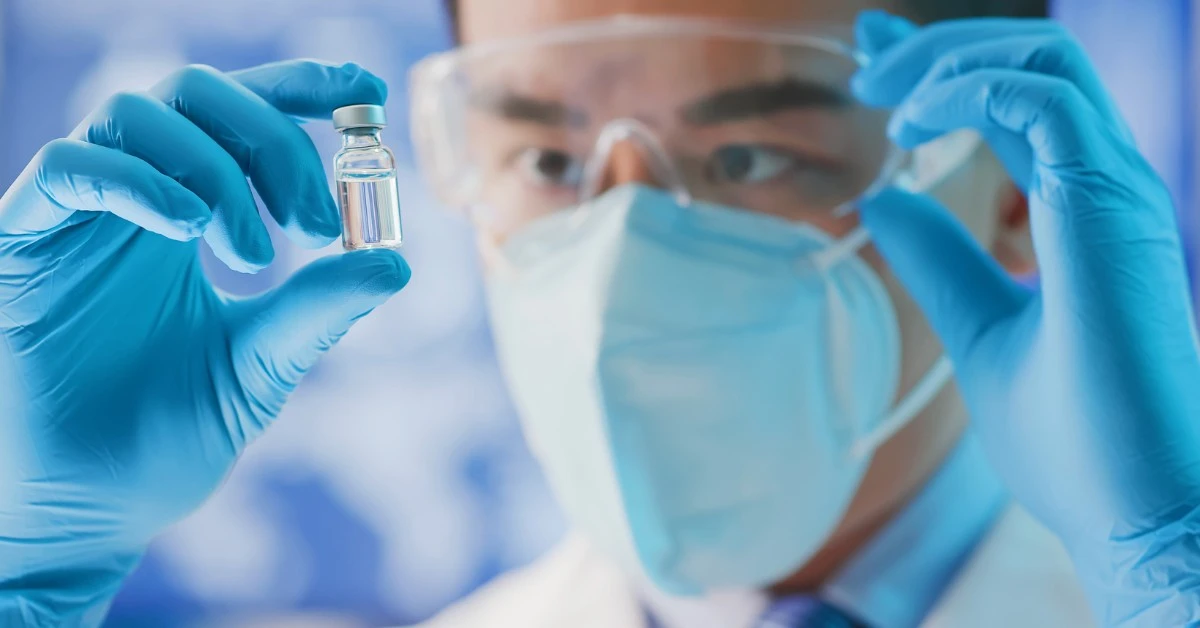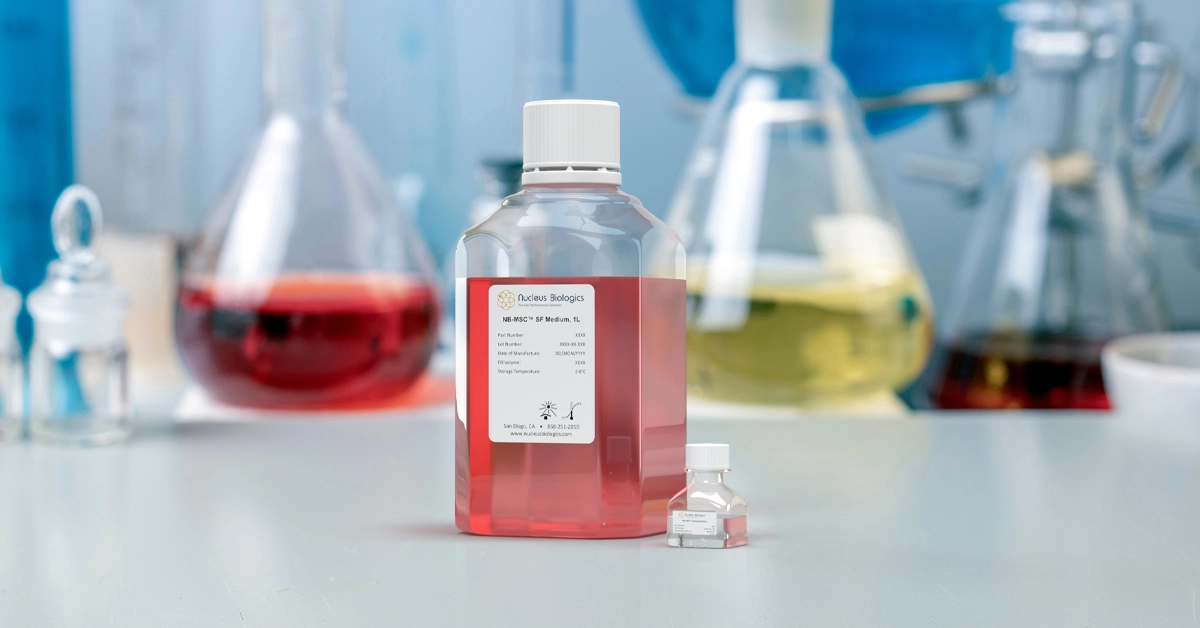Nucleus Biologics to distribute a groundbreaking cell culture media system, Krakatoa™, which is designed to deliver high-quality, custom-made cell culture media at its maximum potency.
Last week, we introduced the 4 pillars that form the foundation of Krakatoa™, a first-in-class cell culture media manufacturing system. The first pillar, of course, is sustainability, and the opportunity to significantly reduce the environmental impact of the cell therapy industry.
However, as we strive to decrease our environmental impacts, we must not forget the potential positive impacts that therapies can have on patients. The solutions we provide to save the planet must also serve to advance medicine as well as. Therefore, the second pillar upholding this paradigm-changing media manufacturing system is Quality. Cell and gene therapy is one of the fastest growing areas of the pharmaceutical industry. In an industry that increasingly relies on living cells and other biological products, it is more important than ever to maximize the therapeutic quality of cellular starting materials, particularly the cell media within which these cells will be cultured.
Media composition matters
Effective cell therapy depends on optimal cell culture conditions. A change in even a single cell culture component can have long-lasting effects on cell health, function and, ultimately, therapeutic potency. In a recent study on CAR T cell anti-tumor function [1], scientists at University of Pennsylvania found that replacing human serum in their growth media with Nucleus Biologics’ PhysiologixTM, a xeno-free serum replacement, resulted in a logarithmic reduction in tumor burden in mice.
If just one media component can have such a striking effect, it’s clear that media composition as a whole has an even greater impact. Cell culture media is often customized for a specific cell type to provide the most physiologically optimal conditions for cell growth, expansion, and transfection efficiency, or to ensure that cells retain the characteristics that lend them therapeutic value.
Understanding the importance of optimal media composition, scientists regularly turn to “specialized” cell culture media and additives to ensure their cell type’s top performance. Unfortunately, reliance on these proprietary products has its downsides. Availability is an ongoing challenge as supply chain disruptions prompted by the COVID-19 pandemic continue to affect the industry. Lack of transparency only compounds this issue. As labs struggle to find substitutes for unavailable products, proprietary formulations make it difficult to replicate the exact composition of the media supporting the growth of their specialized cells. This can lead to less-than-ideal cell growth and expansion, or worse yet, irreproducible experimental results.
Media potency matters
Optimizing cell culture media quality is also critical to success. Just as cell culture media components matter, the potency of those components matters. Cell culture media degrades over time, primarily due to light exposure, but also as a result of inadvertent temperature stresses during shipping. While these issues are well known, they can often be overlooked or marginalized.
Media degradation becomes a more critical issue, however, when the cells in question will eventually form the foundation of a commercialized clinical product. A recent study [2] published by scientists at Capital Medical University in Beijing tracked the stability of key amino acids and amines in the presence of human serum under different storage and pre-storage handling conditions. They found significant changes in amino acid concentrations following storage of up to 24 hours at room temperature, 4°C, and after repeated freeze-thaw cycles.
Once cell culture media components are solubilized, light exposure also has significant adverse effects on media stability. Researchers at Biogen-Idec in Cambridge, Massachusetts [3] investigated a media lot that had failed quality control testing after cells exhibited slow growth and failure to meet required density. They found the culture media contained significantly increased levels of tryptophan oxidation products, as well as riboflavin degradants. A parallel study on the culture media in question showed that while the media powder was highly resistant to light-induced degradation, the solubilized media could be easily degraded after brief light exposure. The scientists suspected that inadvertent exposure of the media to light during preparation and storage resulted in the poor performance of the media lot.
A game-changing media strategy
At Nucleus Biologics, we fully understand that the quality of cell culture media is a critical factor affecting the quality of your research or product.
Throughout the pharmaceutical industry, customers rely on cell culture products that must be shipped in temperature-controlled containers. Media products are then stored indefinitely onsite, taking up significant space under refrigerated conditions. Media degradation can begin to set in from the moment it is solubilized.

Nucleus Biologics recently announced the launch of Stoic Bio’s (a spinoff of Nucleus Biologics), Krakatoa, a point-of-use cell culture media manufacturing system that delivers either classical or customizable, client-owned media formulations in biodegradable and recyclable media pods. Each pod contains media powder in a sealed container. The Krakatoa system connects to an ultrapure water system, which is then used to solubilize the media. The pod expands, fills, and solubilizes the media powder, after which it drains through an integrated sterile filter into a reusable 500 mL glass bottle. The pod label is affixed to the reusable bottle, and a manufacturing record is sent to NB-Lux™, Nucleus Biologics’ online portal for designing, ordering, and storing cell culture media information for reorder.
Media which is freshly made at point-of-use retains its maximum potency. There is no degradation in quality during shipping and storage, nor is there any need for cold-chain precautions prior to use. Media pods weigh considerably less than liquid media and take up less space during storage. Custom media components are fully defined, and formulations are owned by the client.
Nucleus Biologics is confident that their novel cell culture media strategy will challenge old ideas and change the cell culture media space-and the cell therapy industry – for the better.
Stay tuned for next week when we discuss how Krakatoa can expedite and simplify your small-scale process optimization and transition to large-scale production! Meanwhile, visit the Nucleus Biologics website to learn more about our game-changing products.
Krakatoa™ is a registered trademark of Stoic Bio, Inc. Nucleus Biologics LLC is an authorized distributor for Stoic Bio, Inc. of Krakatoa and its related products. Stoic Bio, Inc. is a spinoff of Nucleus Biologics, LLC with similar ownership and was created to develop and commercialize Krakatoa and its related products.
References
- Ghassemi S., et al. Enhancing Chimeric Antigen Receptor (CAR)-T cell anti-tumor function through advanced media design. Molecular Therapy: Methods in Clinical Development (2020), doi: https://doi.org/10.1016/j.omtm.2020.07.008.
- An Z., et al. Stability of amino acids and related amines in human serum under different preprocessing and pre-storage conditions based on iTRAQ®-LC-MS/MS. The Company of Biologists Ltd | Biology Open (2021) 10, bio055020. doi:10.1242/bio.055020
- Zang L, et al. Metabolomics profiling of cell culture media leading to the identification of riboflavin photosensitized degradation of tryptophan causing slow growth in cell culture. Analytical Chemistry (2011) (13):5422, doi: 10.1021/ac2009492.




